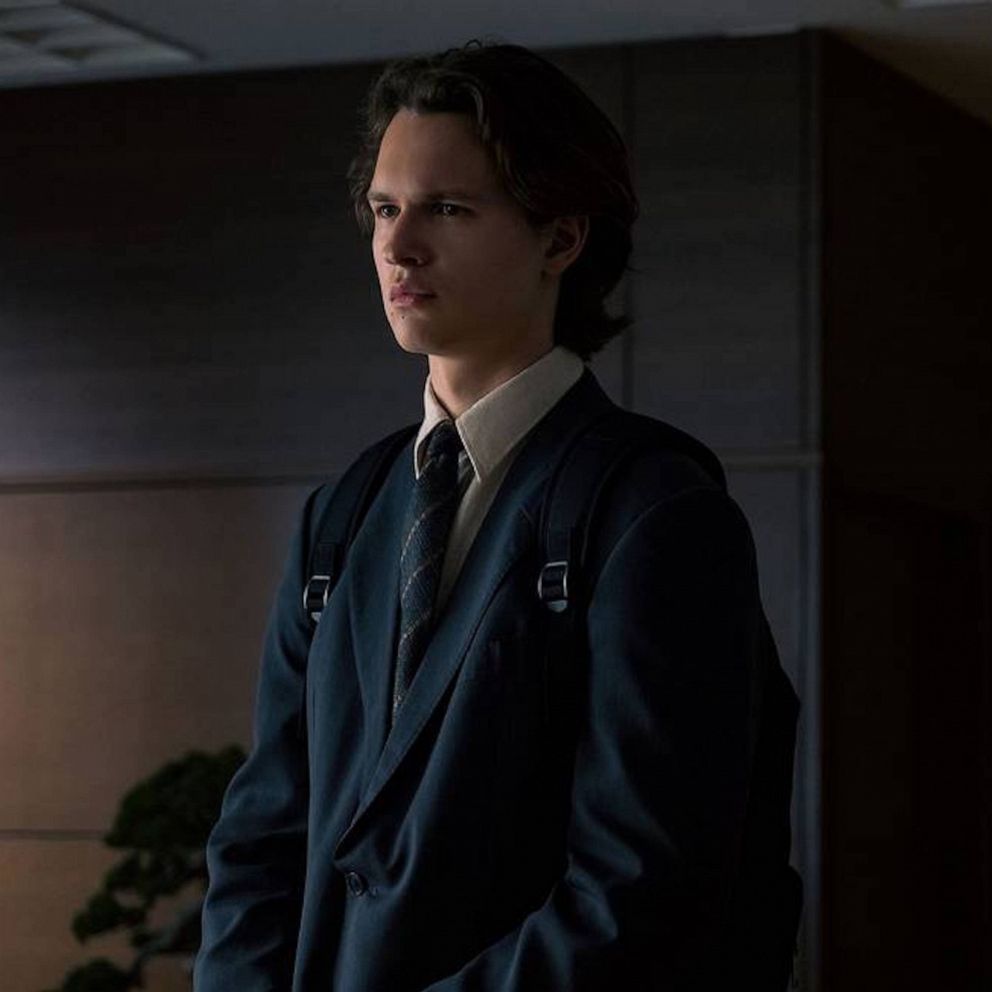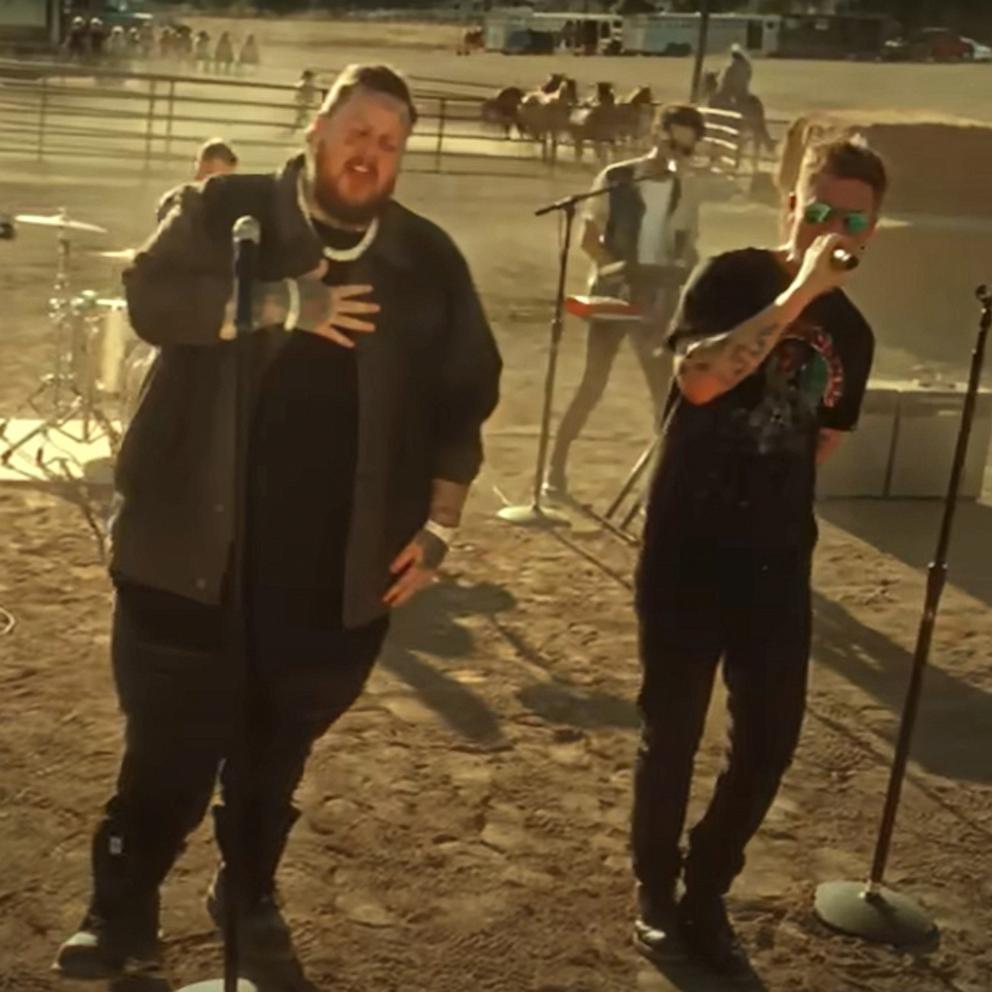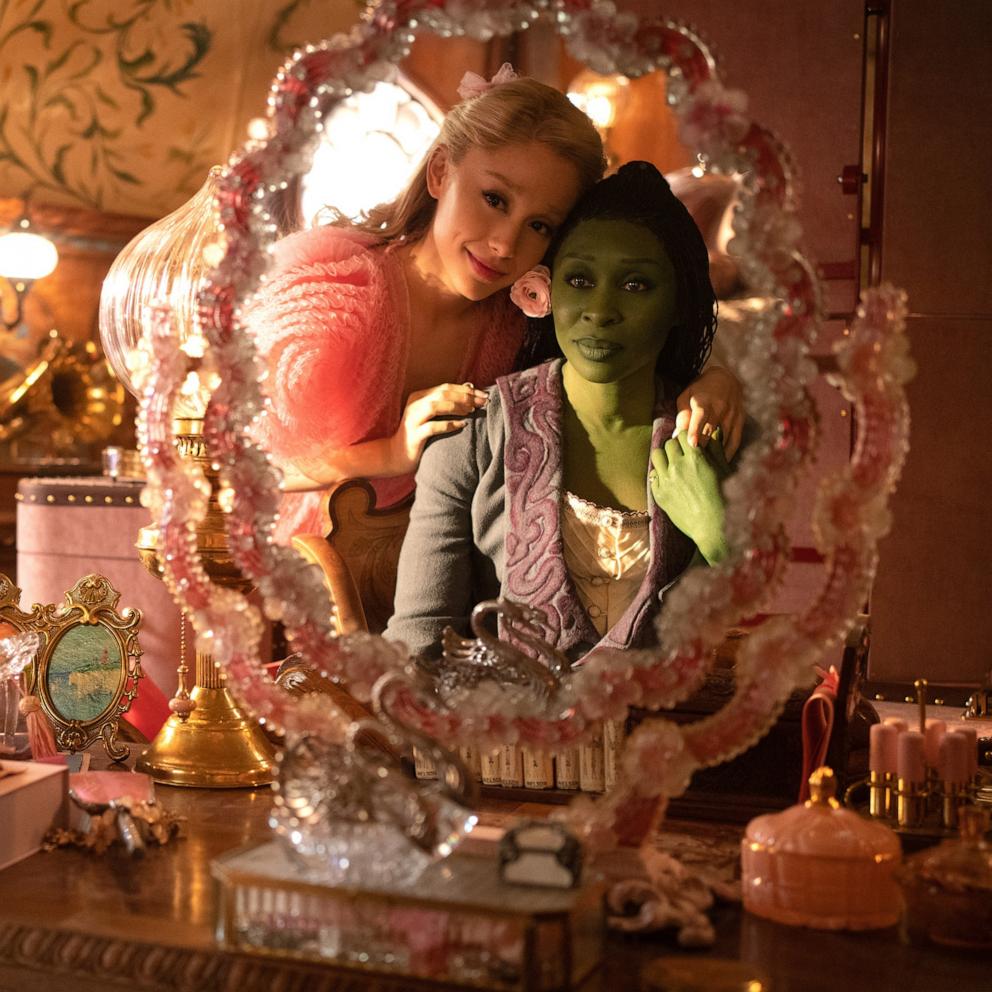'Tokyo Vice' review: Prepare for a mesmerizing mindbender
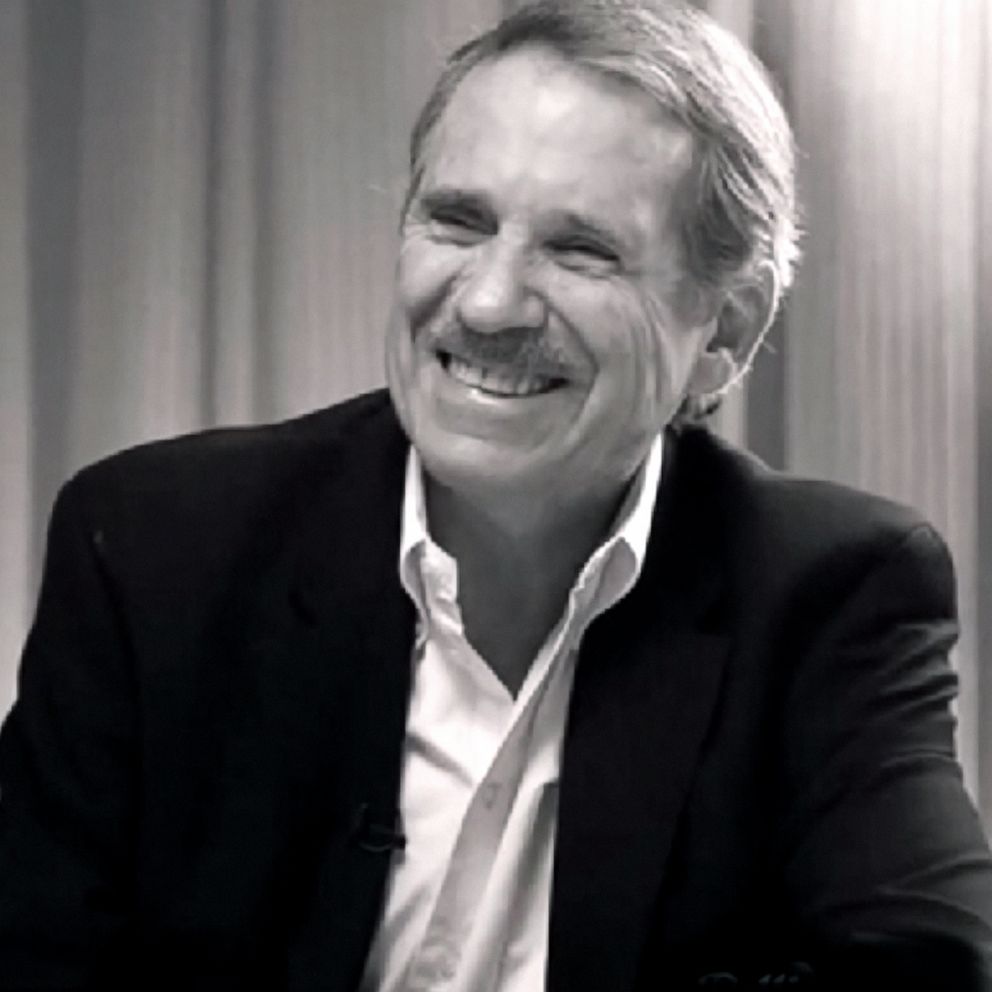
If you want to see action dished out by experts, head on over to HBO Max where "Tokyo Vice" has just begun its sensational eight-part streaming run. From the superb, gorgeously shot and edited pilot episode, directed by "Miami Vice" maestro Michael Mann, you'll be hooked.
Loosely adapted from Jake Adelstein's memoir, "Tokyo Vice: An American Reporter On The Police Beat In Japan," the crime thriller stars Ansel Elgor. ("Baby Driver," "West Side Story") as Jake, a semi-fictionalized Jewish journalist from Missouri who's feeling like a fish out of water as the only foreigner (gaijin) reporting for Japan's largest newspaper.
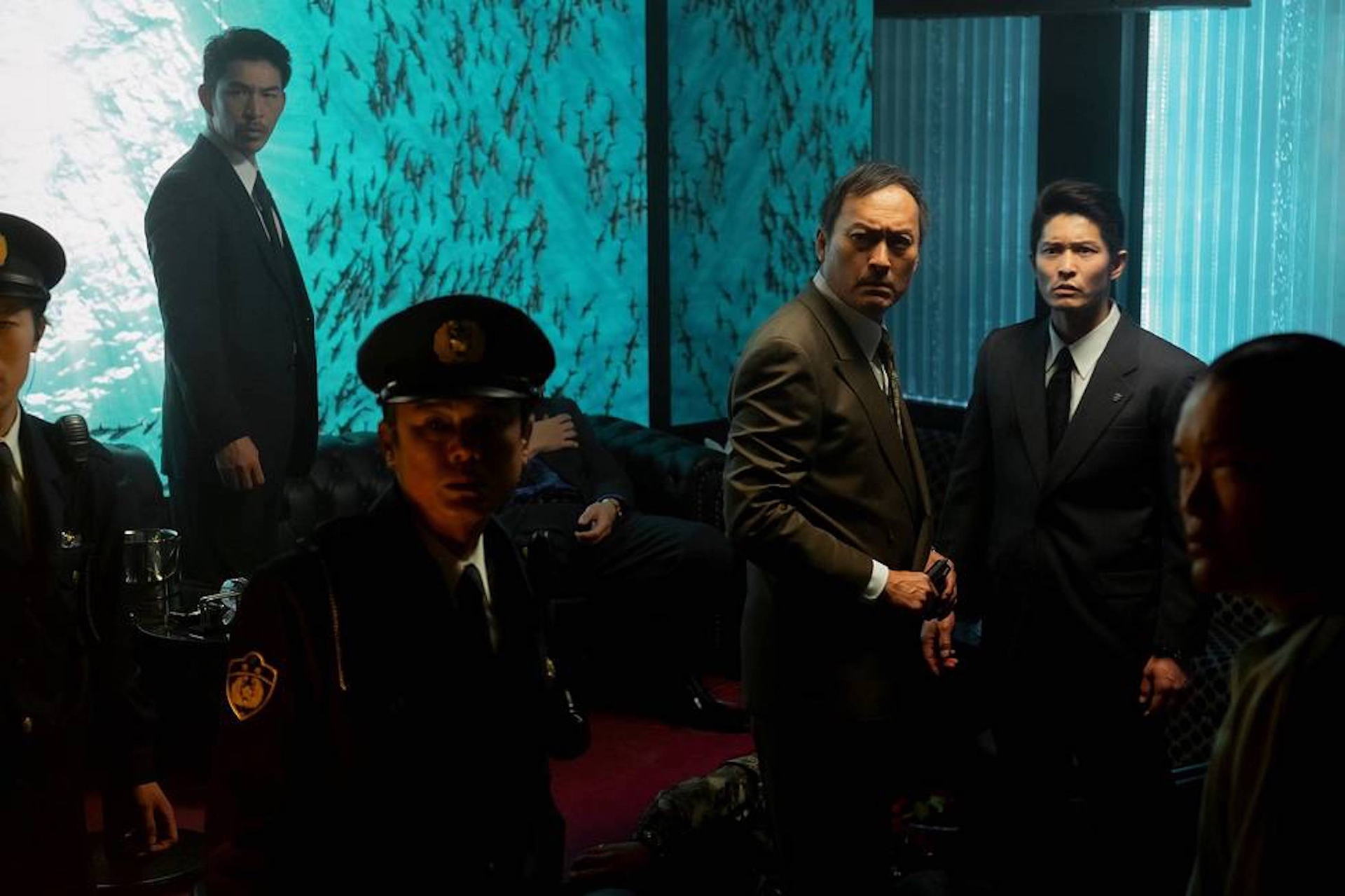
Shot on location in Tokyo and set at the turn of the 21st century, the series radiates a seductive neon-lit allure that draws you in. Strictly on a performance basis, Elgort does his best work yet. Having studied the Japanese language and customs for a year, Elgor captures the ambition that drives Jake to belong among colleagues who resent him for playing a cultural tourist in their strictly Japanese world.
Credit "Tokyo Vice" -- adapted by American playwright J.T. Rogers -- for not making Jake a white savior. Rinko Kikuchi ("Babel") plays Eimi Maruyama, the Korean editor who faults Jake for not seeing the humanity behind the names he lists as crime victims. It takes a while before she trusts him with challenging stories. And even then the newspaper prints only what the police tell it to print.
At first, Jake's rookie mistakes make an enemy of police detective Hiroto Katagiri, played full-throttle by "The Last Samurai" Oscar nominee Ken Watanabe. Elgort shines in the scenes where Jake argues with family-man Hiroto in English and Japanese (with subtitles), eventually winning over the police veteran as a mentor. But there's never a doubt that Hiroto is running the show.
The case that gives Jake a taste of acceptance in the newsroom involves the yakuza, Japan's organized crime syndicate known for using death threats against reporters who get too close. When Jake discovers a recent series of suicides committed by people in serious debt to the yakuza, he's faced with the decision to report or run.
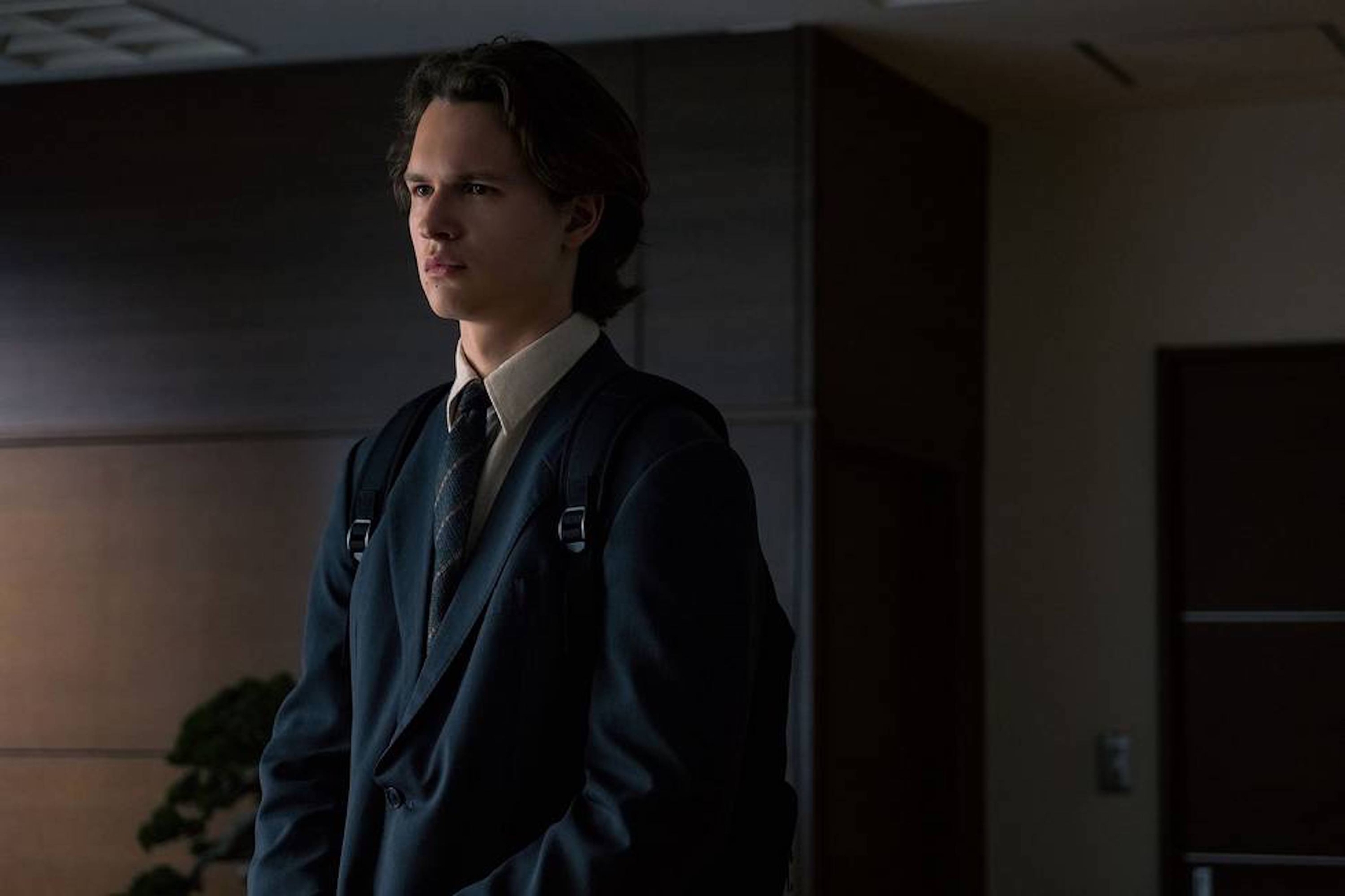
That Jake sticks it out is a tribute to the prodding he gets from Hirota and Sato (a dynamite Sho Kasamatsu), a rising mobster who develops a buddy dynamic with Jake -- think Leonardo DiCaprio and Matt Damon in "The Departed." Their hilarious debate over the Backstreet Boys versus NSYNC underlines their youth and daredevil commitment to jobs that could get them killed.
Besides his editor and his mother (Jessica Hecht) back home, there's another woman who figures prominently in Jake's education to se. beyond his own face. She's Samantha, an American expat and hostess at a yakuza-controlled bar. She's played with grit and grace by Rachel Keller who springs surprises on Jake and the audience every time we think we have her pegged.
The same goes for the series. Violence, used sparingly but effectively, is a fact of life in "Tokyo Vice." Employing action to define character instead of blurring it with bloodshed, this raw and riveting TV event lives in moral gray areas not easily reduced to simplistic extremes.
If Jake seems lost in this Japanese epic, the effect is intentional. There's no room for "America First" flag-waving in this Tokyo story. Michael Mann has set the tone as executive producer to transcend cultural divides to examine seductively dangerous environments in which complex men do corrupting jobs. Prepare for a mesmerizing mindbender.
